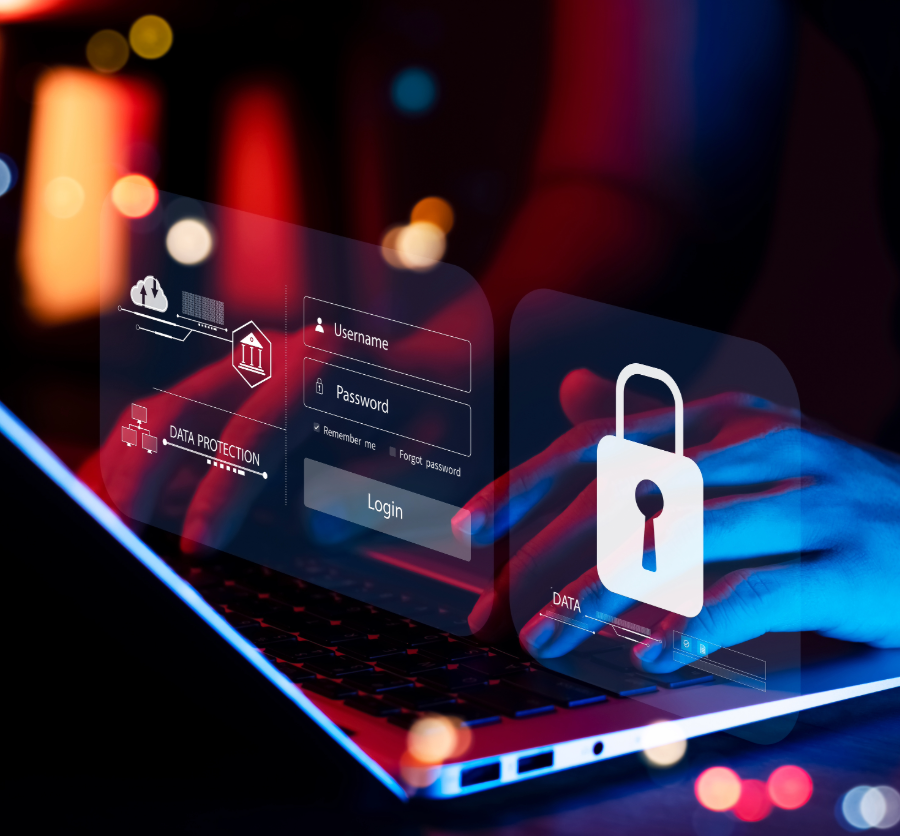Essential Cybersecurity Practices for Startups and Nonprofits
Introduction
In an era where cyber threats are on the rise, cybersecurity is of paramount importance, especially for startups and nonprofits that often operate with limited resources. These organizations may be perceived as easier targets due to their smaller size or lack of robust security measures. Implementing essential cybersecurity practices is crucial to protecting sensitive data, maintaining donor trust, and ensuring operational continuity. By prioritizing cybersecurity from the onset, startups and nonprofits can safeguard their digital assets effectively.
Understanding Cybersecurity Risks
Startups and nonprofits face a unique set of cybersecurity risks, including data breaches, phishing attacks, and ransomware. A single incident can have devastating consequences, including financial loss, reputational damage, and legal repercussions. Therefore, it’s essential to understand these risks and implement preventive measures to mitigate them.
Essential Cybersecurity Practices
- Data Encryption: Utilizing encryption technology to protect sensitive data both at rest and in transit is one of the most effective ways to ensure confidentiality. By encrypting data, even if it falls into the wrong hands, it remains unreadable without the appropriate keys.
- Strong Password Policies: Implementing strong password policies that require complex passwords and regular password changes can significantly improve security. Consider using password managers to help employees maintain unique passwords for different accounts, minimizing the risk of unauthorized access.
- Multi-Factor Authentication (MFA): Enabling MFA adds an extra layer of security to accounts by requiring users to verify their identity using more than just a password. This additional step can significantly reduce the likelihood of unauthorized access.
- Regular Security Audits: Conducting regular security assessments will help identify vulnerabilities within the organization’s systems. Security audits can provide insights into potential weaknesses and help prioritize remediation efforts.
- Employee Training and Awareness: Educating employees about cybersecurity best practices is crucial. Conduct training sessions to help staff recognize phishing attempts, utilize secure practices, and understand their roles in maintaining cybersecurity.
- Data Backup Solutions: Regularly backing up important data ensures that organizations can recover from data loss incidents, whether due to cyberattacks or accidental deletions. Implement automated backup solutions to streamline the process.
- Incident Response Plan: Developing a comprehensive incident response plan can prepare organizations for potential cyber incidents. The plan should outline procedures for reporting incidents, addressing breaches, and communicating with stakeholders. Regularly review and update the plan as necessary.
- Adopting Security Software: Implementing security software such as firewalls, antivirus solutions, and intrusion detection systems helps protect against various cyber threats. Keeping software updated ensures that organizations are protected from the latest vulnerabilities.
Conclusion
Implementing essential cybersecurity practices is crucial for startups and nonprofits aiming to protect their data and maintain trust with stakeholders. By focusing on data encryption, strong password policies, multi-factor authentication, and other best practices, these organizations can significantly enhance their defenses against cyber threats. As cyberattacks become more sophisticated, the need for a proactive and informed approach to cybersecurity is imperative. By prioritizing cybersecurity, startups and nonprofits can safeguard their missions and ensure they can effectively serve their communities without the fear of digital vulnerabilities.

